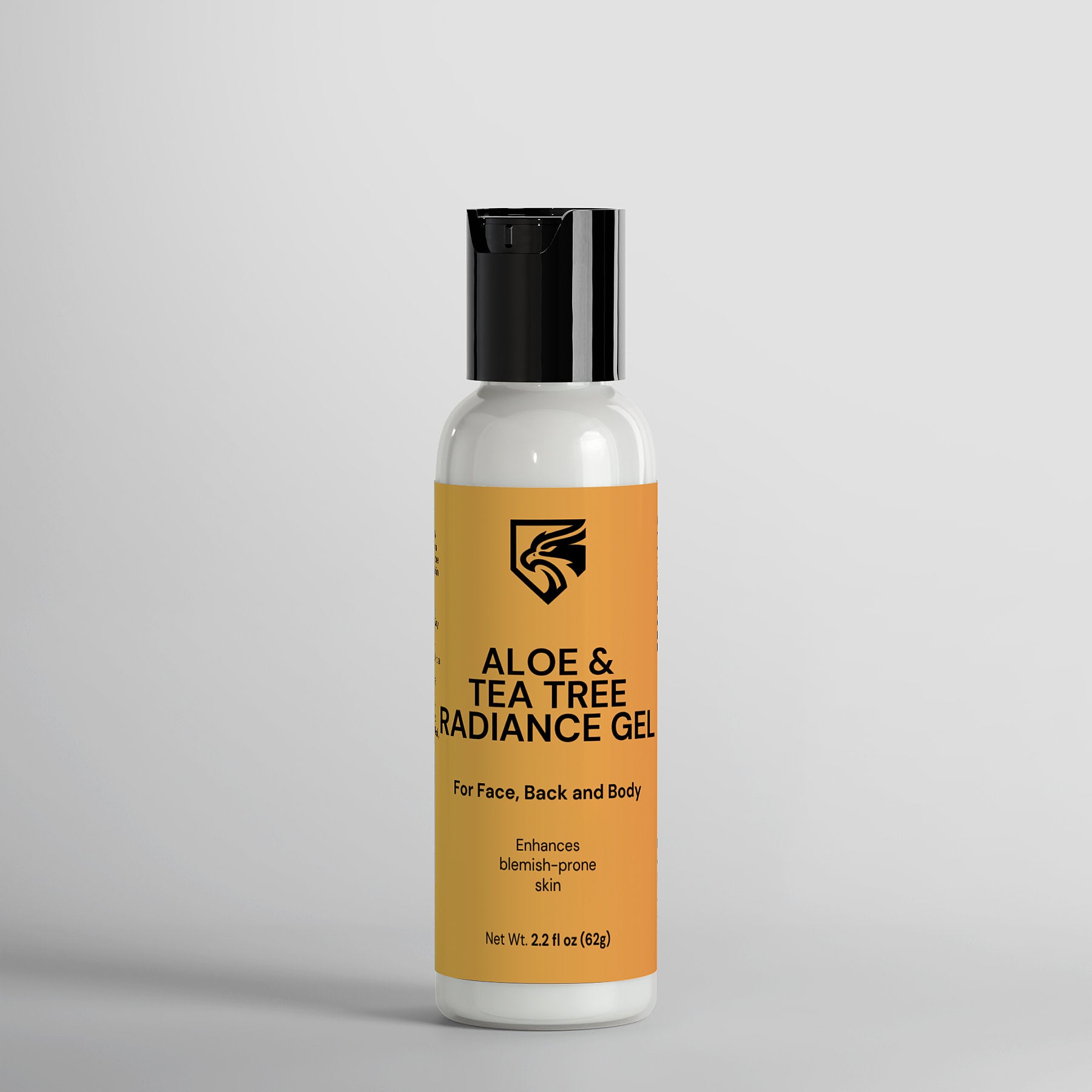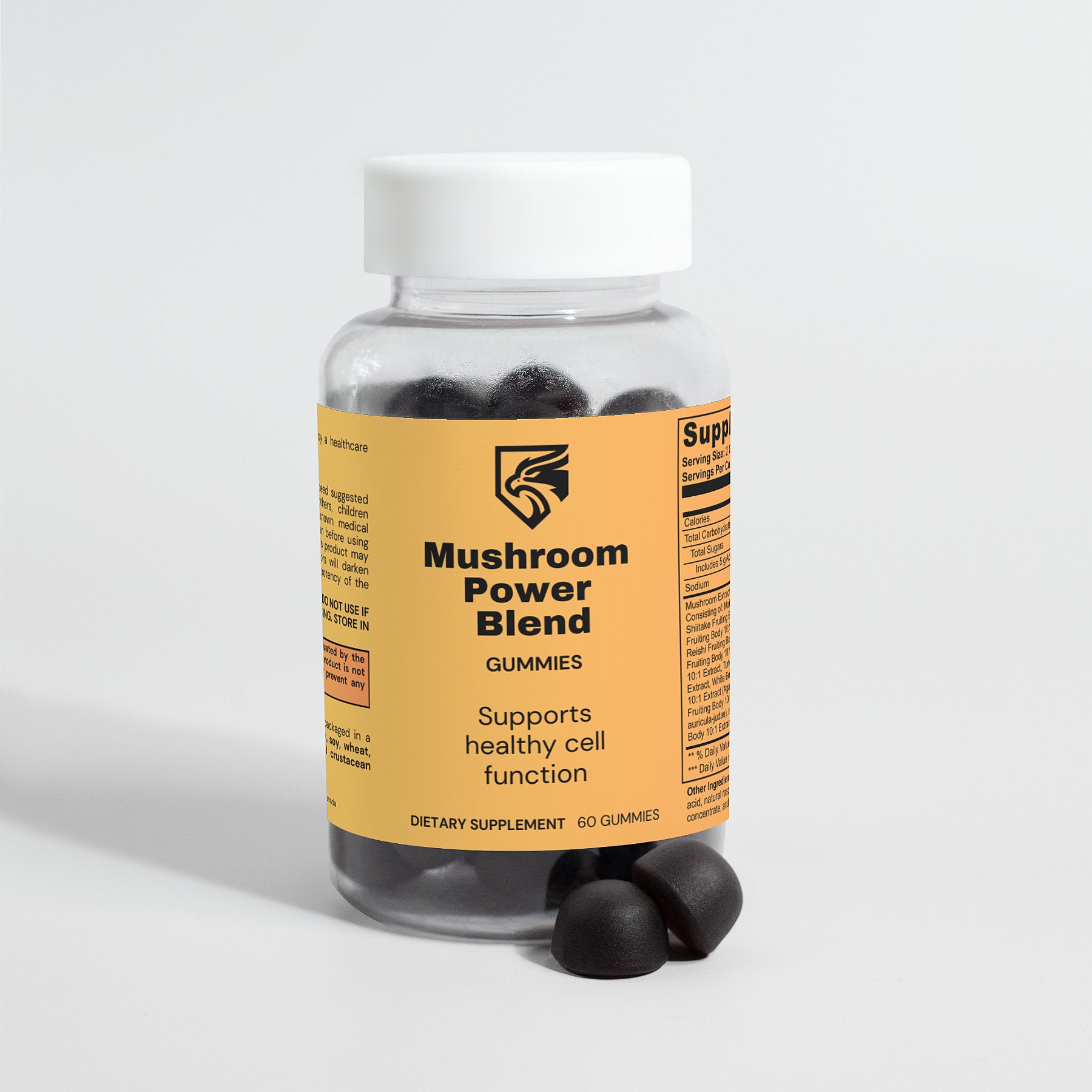The relationship between testosterone and prostate health is a topic that has garnered significant attention and sparked numerous debates over the years. Testosterone, often associated with masculinity and vitality, plays a crucial role in various bodily functions, including muscle mass development, bone density maintenance, and libido regulation. However, its connection to prostate health has been a subject of confusion and misinformation. In this article, we will delve into the intricacies of testosterone's impact on the prostate, dispel common myths surrounding this relationship, and provide evidence-based insights to foster a better understanding of the topic.
Understanding Testosterone and its Role in the Body
Before delving into the specifics of testosterone's influence on prostate health, it's essential to understand what testosterone is and its role in the body. Testosterone is a hormone primarily produced in the testicles in men and in smaller amounts in the ovaries and adrenal glands in women. Often referred to as the "male hormone," testosterone plays a vital role in the development of male reproductive tissues, such as the testes and prostate, during fetal development and puberty.
In addition to its role in reproductive health, testosterone is involved in various physiological processes, including:
-
Muscle Mass and Strength: Testosterone contributes to the development and maintenance of muscle mass and strength, making it essential for overall physical performance.
-
Bone Density: Testosterone helps maintain bone density, reducing the risk of osteoporosis and fractures, particularly in older men.
-
Libido and Sexual Function: Testosterone plays a crucial role in libido regulation and the maintenance of sexual function in both men and women.
-
Mood and Cognitive Function: Testosterone levels influence mood, cognitive function, and overall well-being. Low testosterone levels have been associated with symptoms such as fatigue, depression, and cognitive decline.
Given its broad range of functions, testosterone is integral to overall health and well-being in both men and women.
The Prostate and Its Relationship with Testosterone
The prostate is a small gland located below the bladder and in front of the rectum in men. Its primary function is to produce seminal fluid, which nourishes and transports sperm during ejaculation. The growth and maintenance of the prostate are influenced by hormonal signals, including testosterone.
Dispelling Common Myths
Despite the importance of testosterone in maintaining various aspects of men's health, several myths and misconceptions surround its relationship with prostate health. Let's address some of these myths and provide evidence-based insights to dispel them:
Myth 1: High Testosterone Levels Cause Prostate Cancer
One of the most persistent myths is the belief that high testosterone levels increase the risk of developing prostate cancer. This misconception stems from the association between testosterone and the growth of prostate tissue. However, numerous studies have debunked this myth, demonstrating that there is no clear evidence linking high testosterone levels to an increased risk of prostate cancer.
In fact, several studies have found that low testosterone levels may be associated with a higher risk of aggressive prostate cancer. Additionally, testosterone replacement therapy (TRT) in men with low testosterone levels has not been shown to increase the risk of prostate cancer when appropriately monitored by healthcare professionals.
Myth 2: Testosterone Supplements Are Harmful to Prostate Health
Another common myth is the belief that testosterone supplements or testosterone replacement therapy (TRT) are harmful to prostate health and may exacerbate prostate conditions such as benign prostatic hyperplasia (BPH) or prostate cancer. While this concern has been raised due to the potential for testosterone to stimulate prostate growth, the evidence does not support the notion that TRT poses a significant risk to prostate health.
Numerous studies have evaluated the safety of testosterone therapy in men with low testosterone levels, including those with pre-existing prostate conditions. Overall, the consensus is that TRT can be safe and beneficial for men with symptomatic hypogonadism (low testosterone levels) when prescribed and monitored by qualified healthcare professionals. However, it is crucial to assess individual risk factors and monitor prostate health regularly during TRT.
Myth 3: Lowering Testosterone Levels Improves Prostate Health
There is a common belief that lowering testosterone levels through interventions such as androgen deprivation therapy (ADT) can improve prostate health and slow the progression of prostate conditions like BPH or prostate cancer. While ADT is commonly used as a treatment for advanced prostate cancer to reduce tumor growth, it is not without potential side effects and considerations.
Studies have shown that ADT can lead to a range of adverse effects, including loss of muscle mass, decreased bone density, fatigue, sexual dysfunction, and changes in mood and cognitive function. Furthermore, the long-term effects of ADT on overall health and quality of life warrant careful consideration when weighing the risks and benefits of treatment.
It's important to recognize that testosterone plays a complex role in prostate health, and its effects are influenced by various factors, including age, genetics, lifestyle, and overall health status. Rather than focusing solely on testosterone levels, a comprehensive approach to prostate health should include regular screenings, lifestyle modifications, and individualized treatment strategies tailored to each patient's needs.
Conclusion
In conclusion, testosterone plays a multifaceted role in men's health, including its influence on prostate function and overall well-being. While misconceptions and myths surrounding testosterone and prostate health abound, evidence-based research has helped clarify many of these misunderstandings.
Contrary to popular belief, high testosterone levels are not associated with an increased risk of prostate cancer, and testosterone replacement therapy can be safe and beneficial for men with low testosterone levels when managed appropriately. Additionally, lowering testosterone levels through interventions like androgen deprivation therapy may have significant side effects and should be carefully considered in the context of individualized treatment plans.
By dispelling common myths and fostering a better understanding of the complex relationship between testosterone and prostate health, we can empower individuals to make informed decisions about their health and well-being. Ultimately, a comprehensive approach that considers multiple factors, including testosterone levels, lifestyle, and risk factors, is essential for optimizing prostate health and overall quality of life.







Leave a comment
All comments are moderated before being published.
This site is protected by hCaptcha and the hCaptcha Privacy Policy and Terms of Service apply.